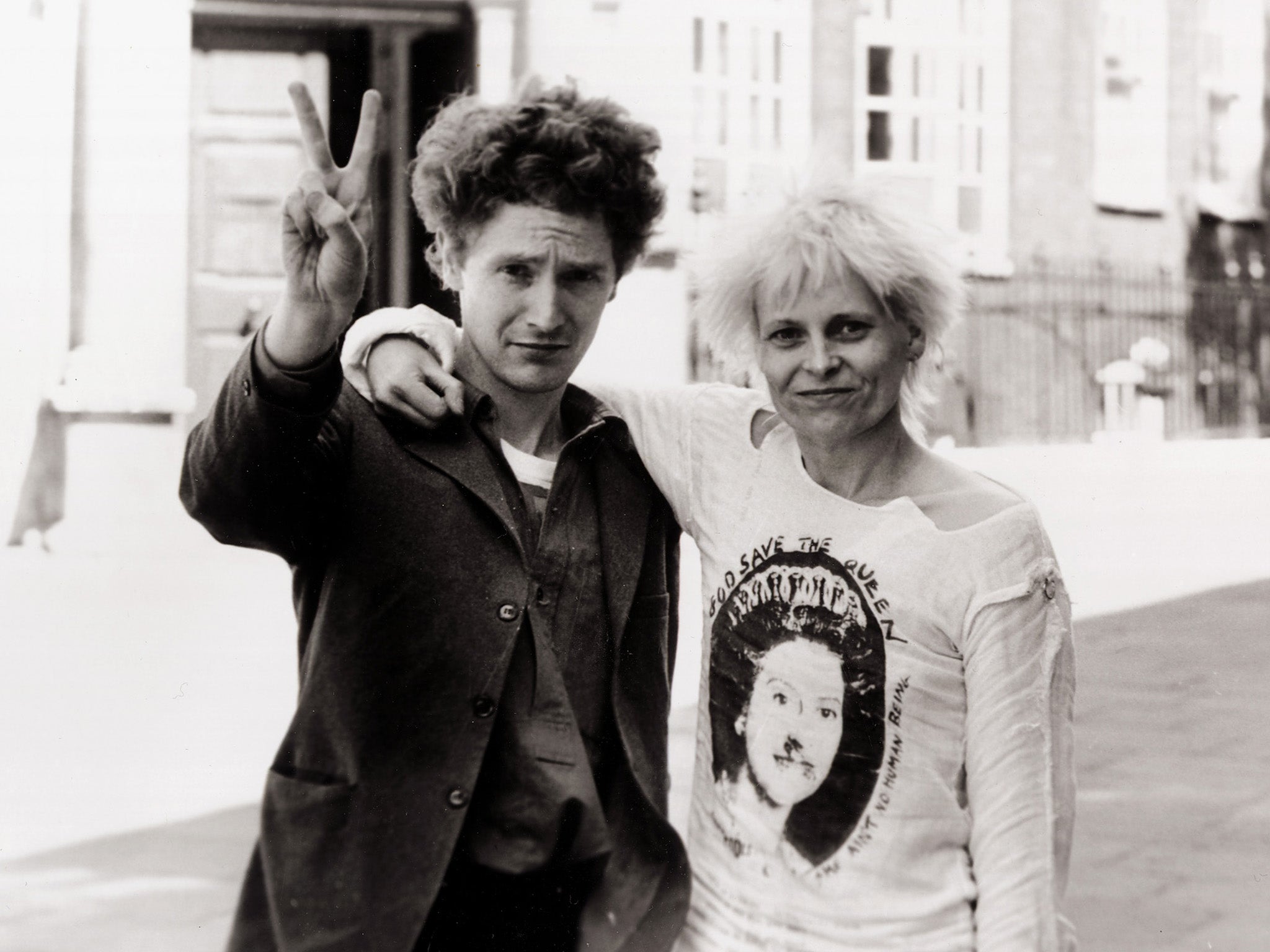Our music industry shows Britain at its best – and least insular
Had we been a little less accepting of everyone, we might never have progressed beyond Vera Lynn

In terms of hard power we are undeniably a nation in decline, nearing the point at which we no longer punch above our weight, but at least we’ve got Ed Sheeran. Pop-picking patriots will love the chest-puffing announcement from the British Phonographic Industry that nearly one in seven of all albums sold around the world last year emanated from the UK, generating almost £2bn.
Sheeran is one of five British acts in the sales top 10, along with One Direction, Sam Smith, Coldplay and – still! – Pink Floyd. I can’t honestly say any of them, apart from the Floyd, do anything for me, but they do make me proud to be British. In the post-war years, music has been our greatest gift to the world, an emblem of what makes us such a vibrantly creative nation.
Then again, we shouldn’t be surprised. We may not have invented popular music as we know it, but we certainly reinvented it and sold it round the globe – and flogged it triumphantly back to the United States, whence we’d shamelessly nicked it.
1D et al are following in a rich tradition that arguably began in the Industrial Revolution. Entrepôt cities like Liverpool took in raw materials from Asia, Africa and the Americas and then exported the finished products back round the world, bankrolling the expansion of an empire.
Much later, when Britain’s days as an industrial powerhouse were all but over, Liverpool became a pop entrepôt, thanks in part to the “Cunard Yanks”, the men and boys who manned transatlantic liners, or became merchant seaman, crossing the Atlantic and bringing back the hottest new discs. Among the eager recipients were all those young Scousers who, inspired by the likes of Elvis, Little Richard and Bill Haley, began forming beat groups – there were around 400 in the city by the early Sixties.
One in particular absorbed everything American they could find – not just the rock’n’roll greats, but the early soul and Motown classics, too, and the sweet fruits of the Brill Building, all stirred into the melting pot of their own seething, nascent creativity, In early 1964, the Beatles hit New York with their powerful pop synthesis and the world changed overnight. (A little later they would similarly incorporate Bob Dylan into their musical universe and begin to move away from “mere” pop.)
Down south, meanwhile, there was a more rootsy blues thing going on. When Mick Jagger, a clutch of imported albums under his arm, met Keith Richards at Dartford station – whom he’d known vaguely at primary school – another titanic musical force was born. The Rolling Stones soon slotted into the London scene that had blossomed around the likes of Alexis Korner, and hot on the heels of the Beatles they, too, were wowing the States with their unique take on the blues. Has any singer ever sounded more American than Jagger?
In the 1970s it happened again. A London clothier Malcolm McLaren visited New York with his girlfriend Vivienne Westwood, met and dressed the New York Dolls, and, suitably inspired, came back to London and fashioned a bunch of snotty snarlers into the Sex Pistols. If talent borrows while genius steals, then McLaren was a genius. And if punk rock didn’t make you proud to be British there was something definitely wrong with you.
What helped fuel that first UK pop explosion in the mid-to-late Fifties is partly what makes me so proud of my compatriots. When black acts began coming here from America, beginning with the giants of jazz, then the electric bluesmen, then Motown and soul stars, they found themselves much more popular than back home – and as an added bonus they didn’t have to eat, sleep and urinate in blacks-only facilities.
That’s not to say that Britain had no racists – let’s not forget the title of Johnny Rotten’s first memoir, inspired by landladies’ notices, No Irish, No Blacks, No Dogs. But those great musicians, third-class citizens at home, were amazed to find themselves adored by white people here.
Had we been a little more insular, and less in search of a good time, whatever the skin colour, we might never have progressed beyond Vera Lynn. We’d have had nothing to export to the US and the rest of the world, the British beat invasion might never have happened and the entire cultural history of the 20th century might have been radically different – and unspeakably poorer, too.

Join our commenting forum
Join thought-provoking conversations, follow other Independent readers and see their replies